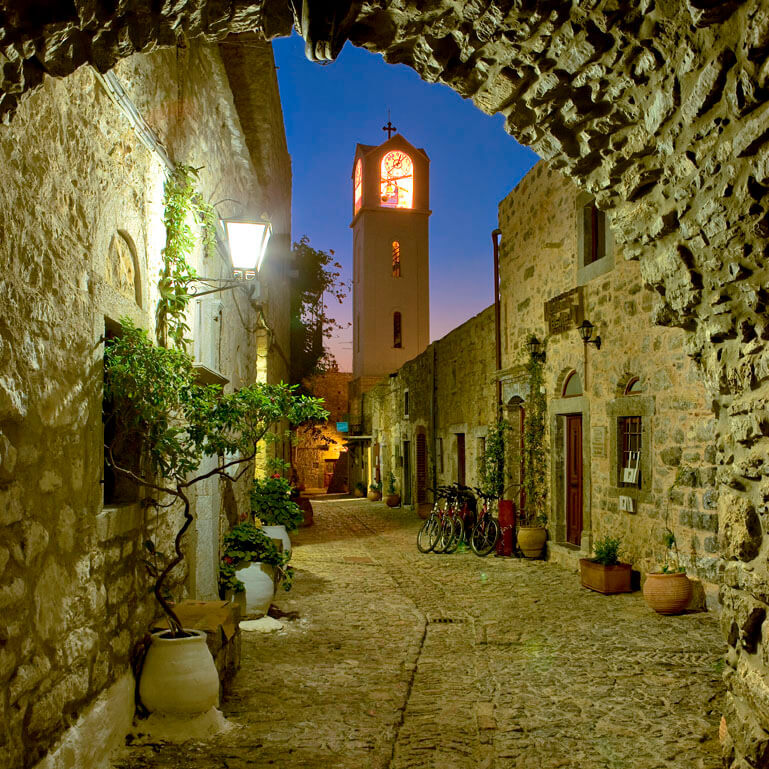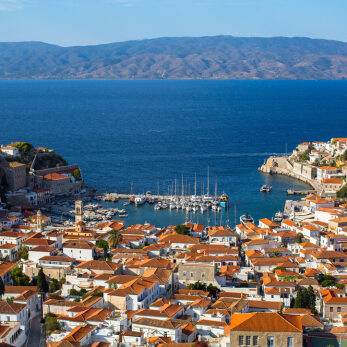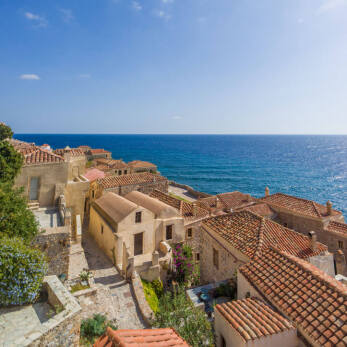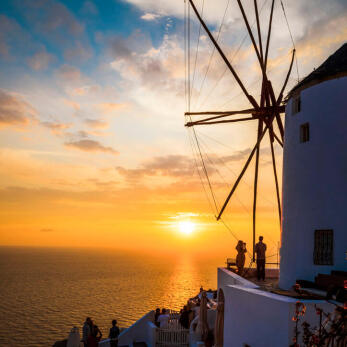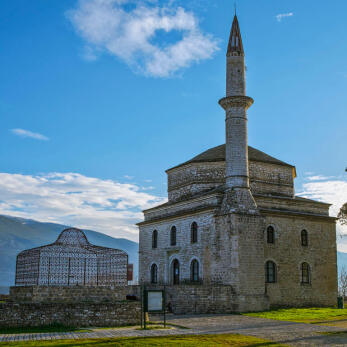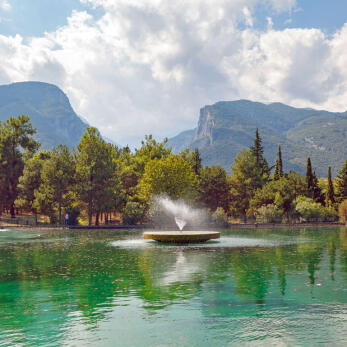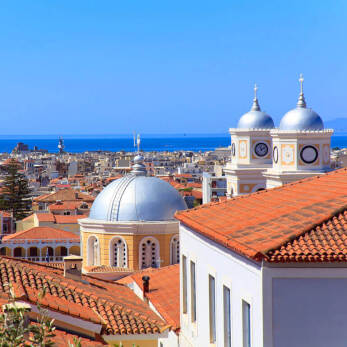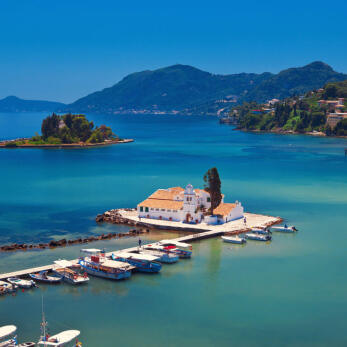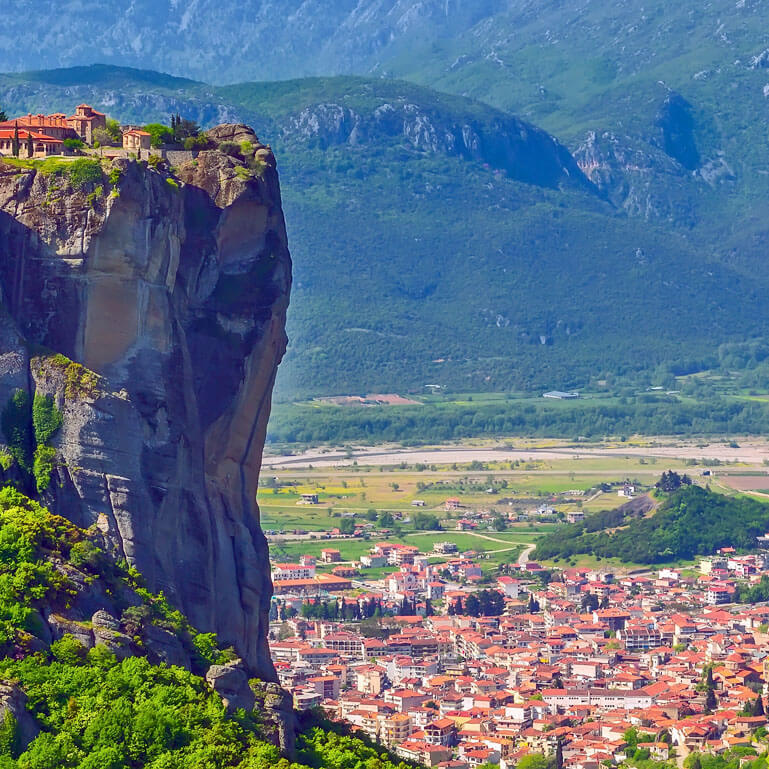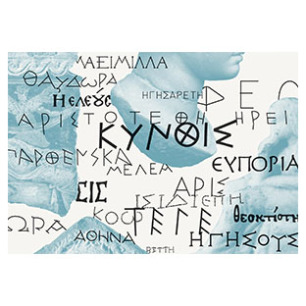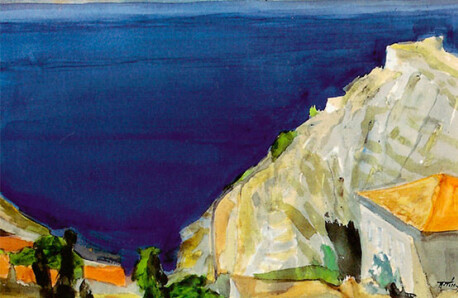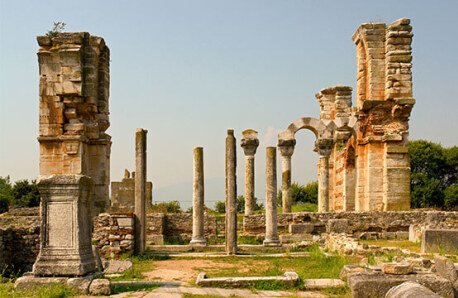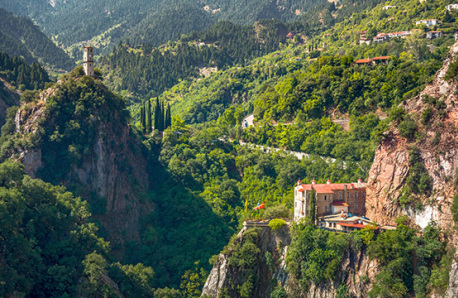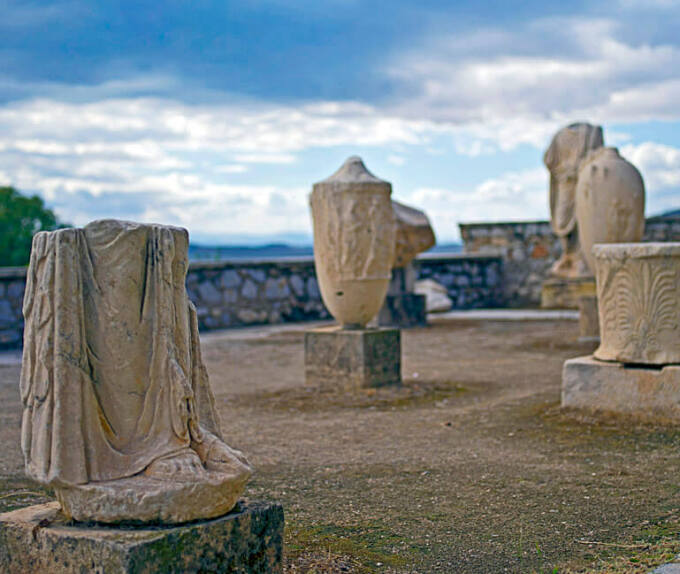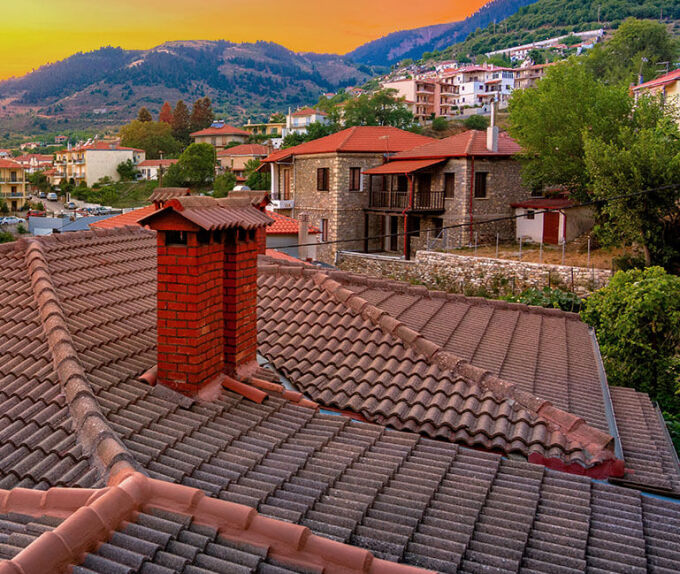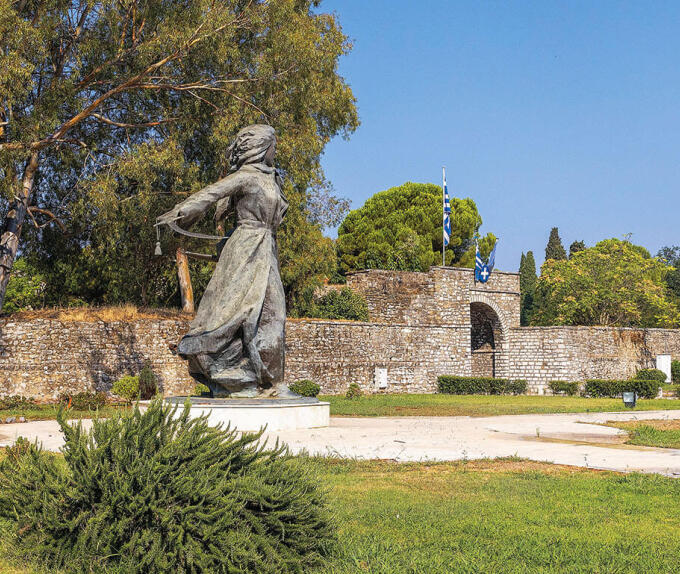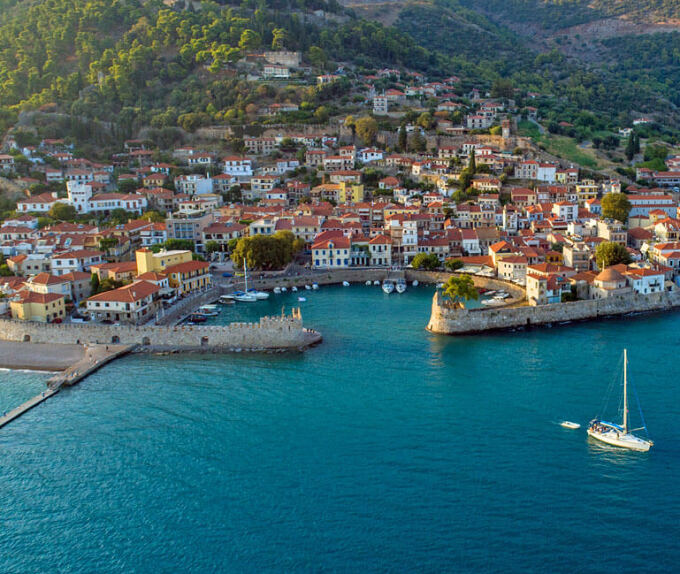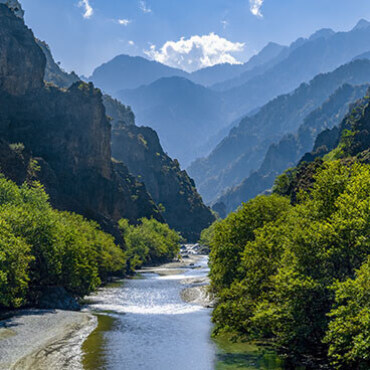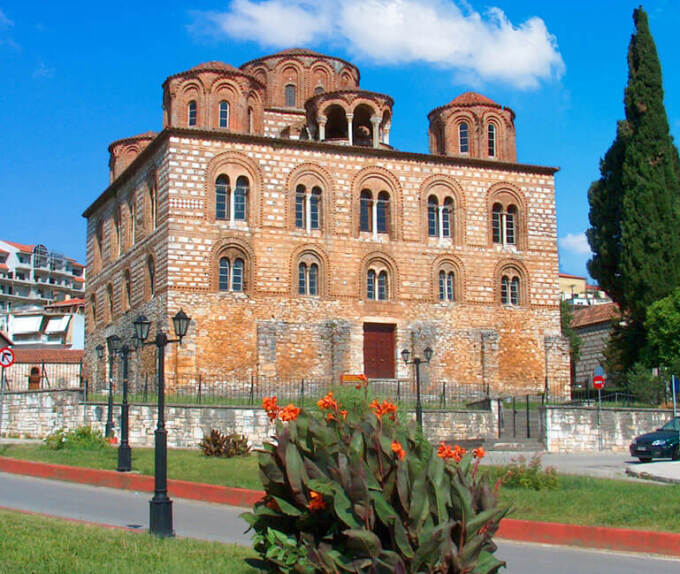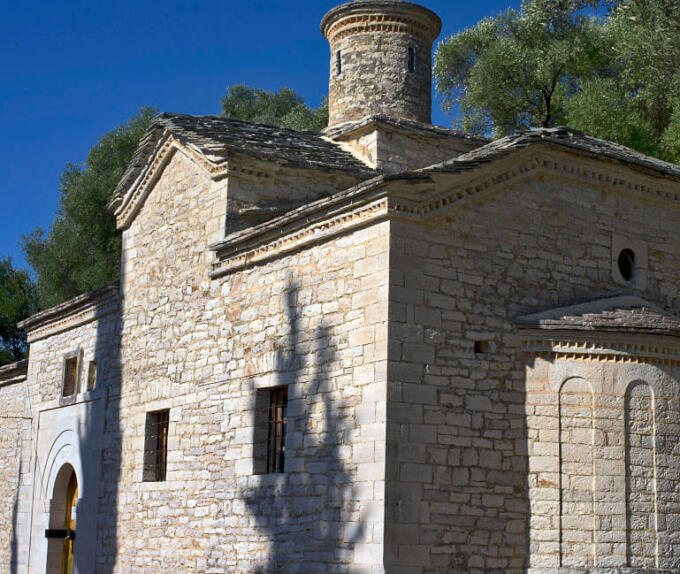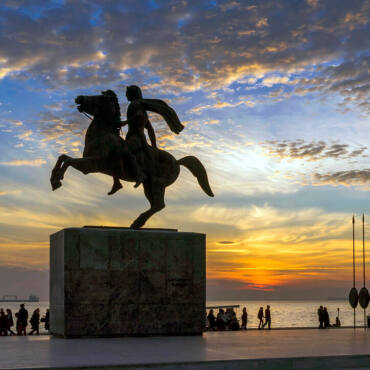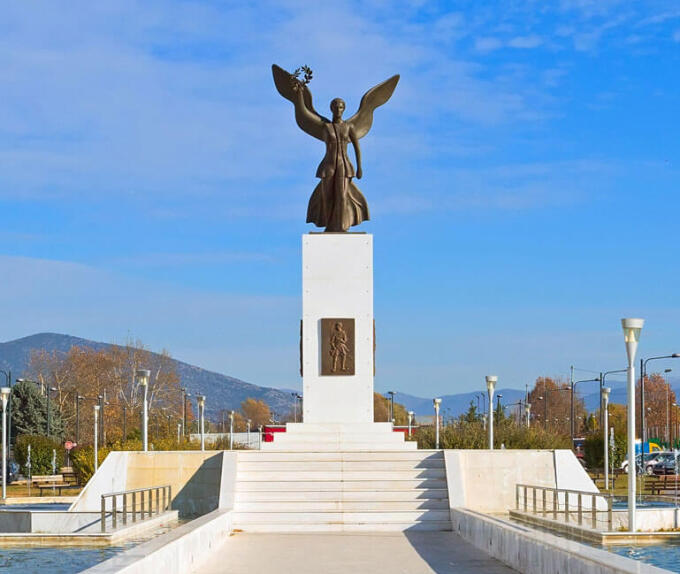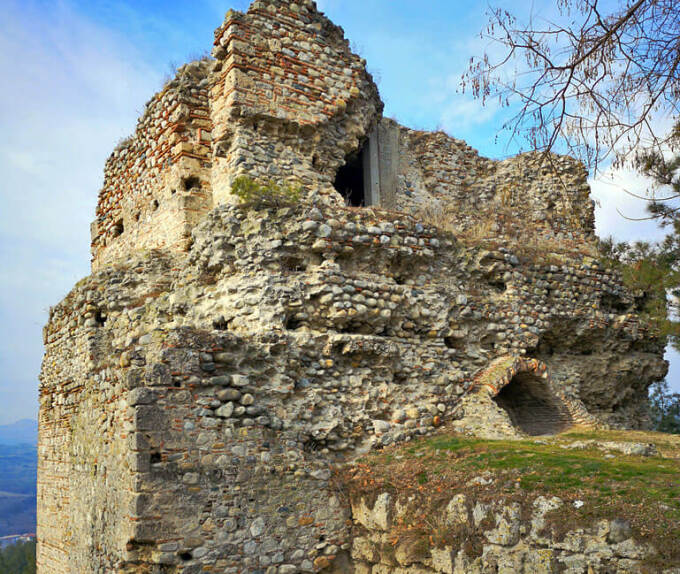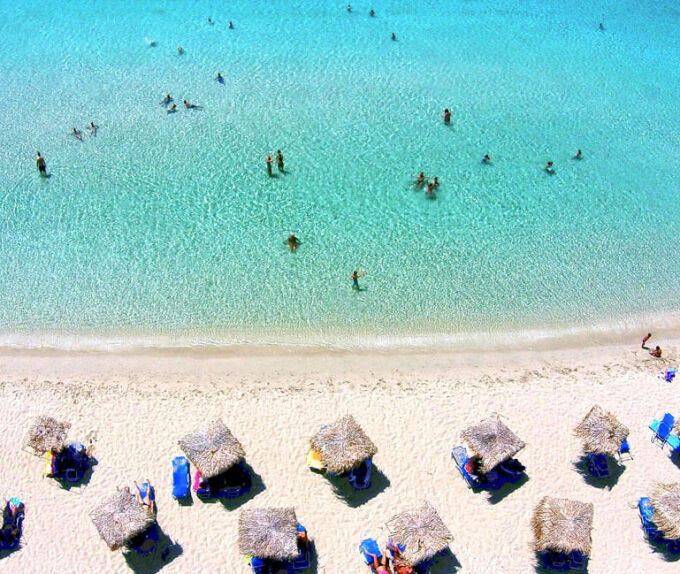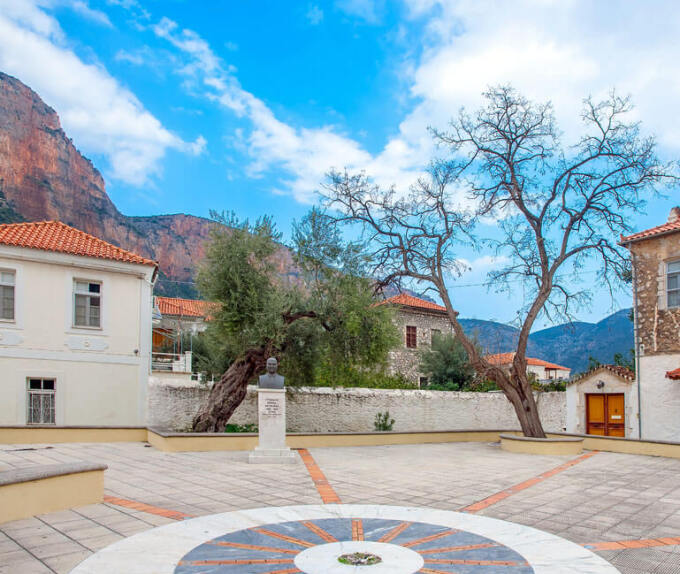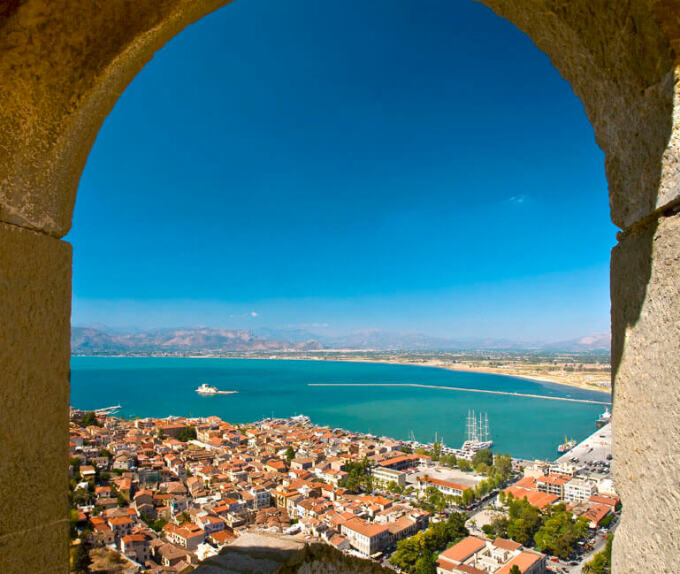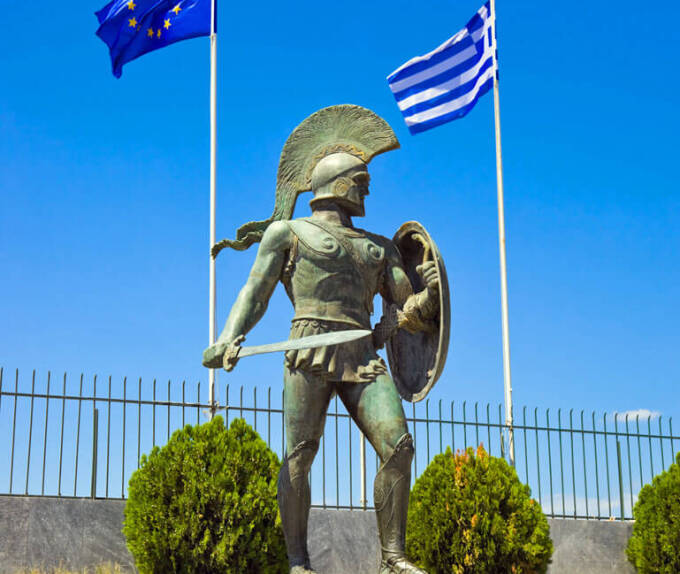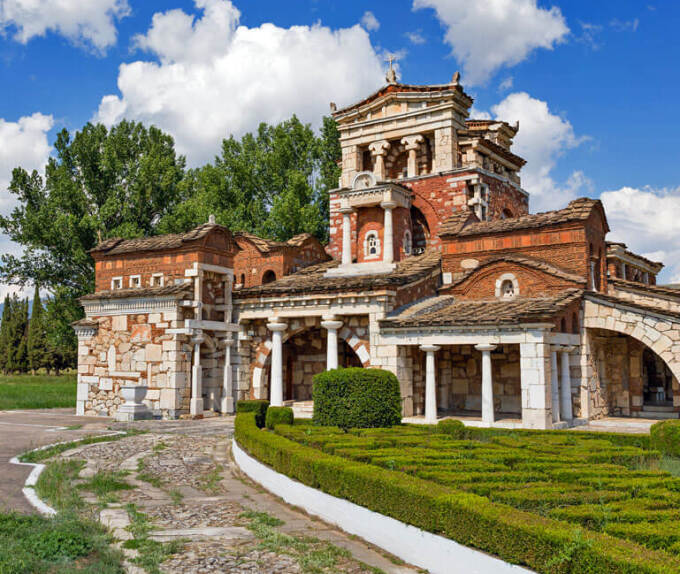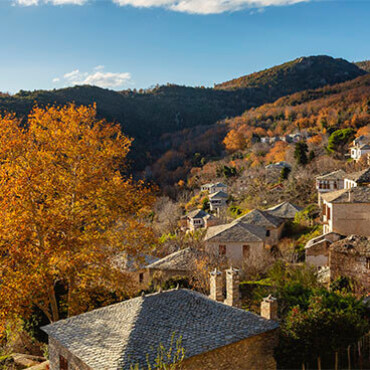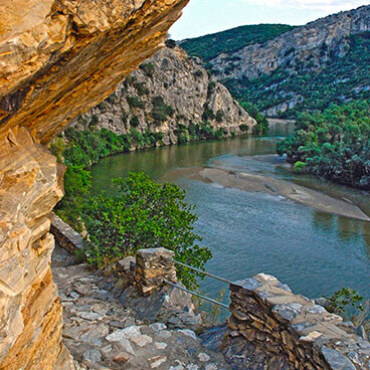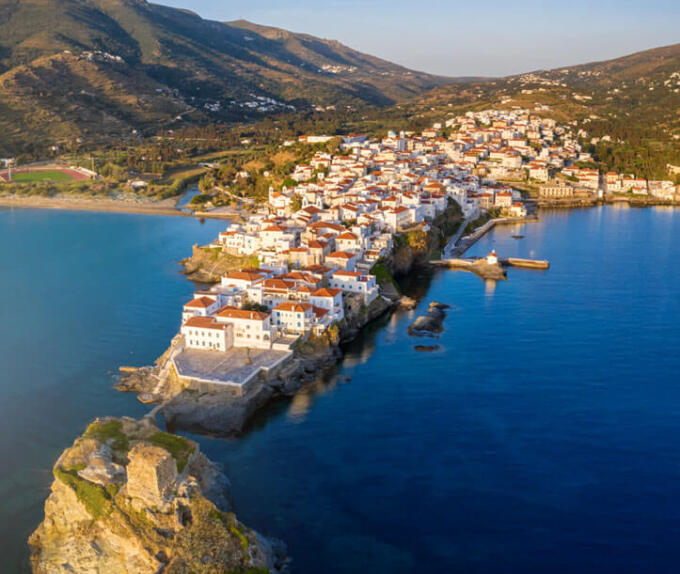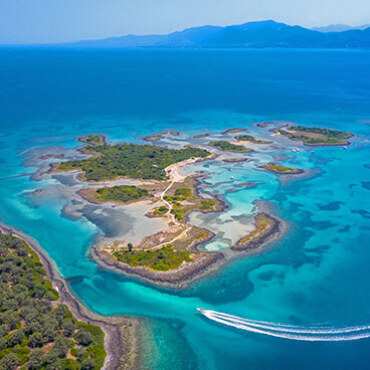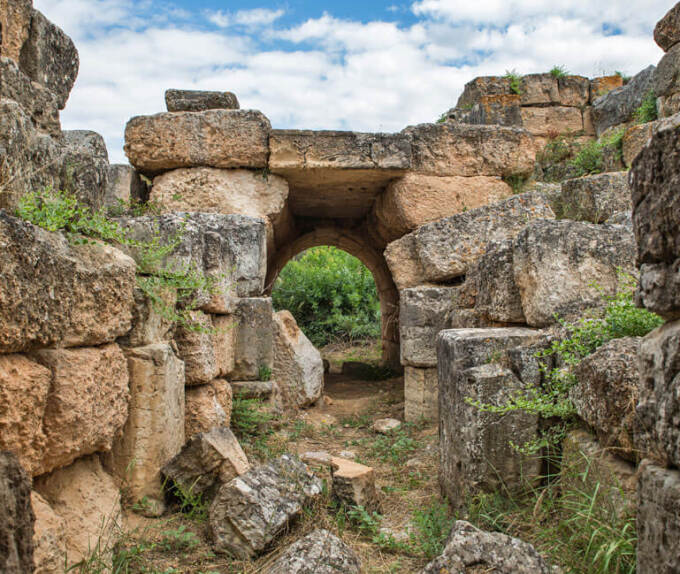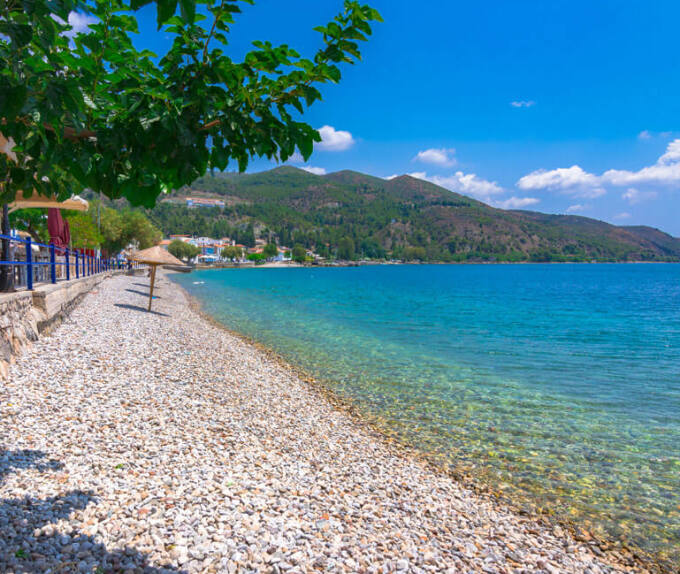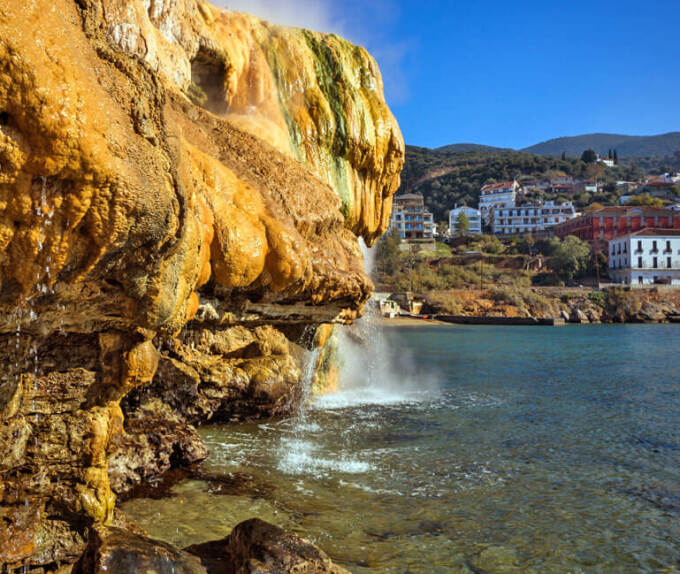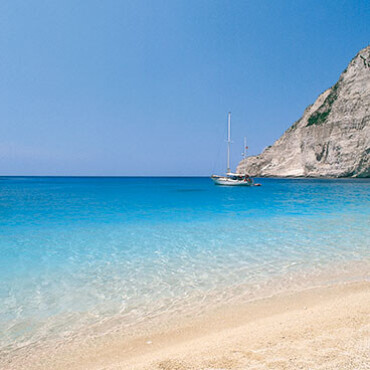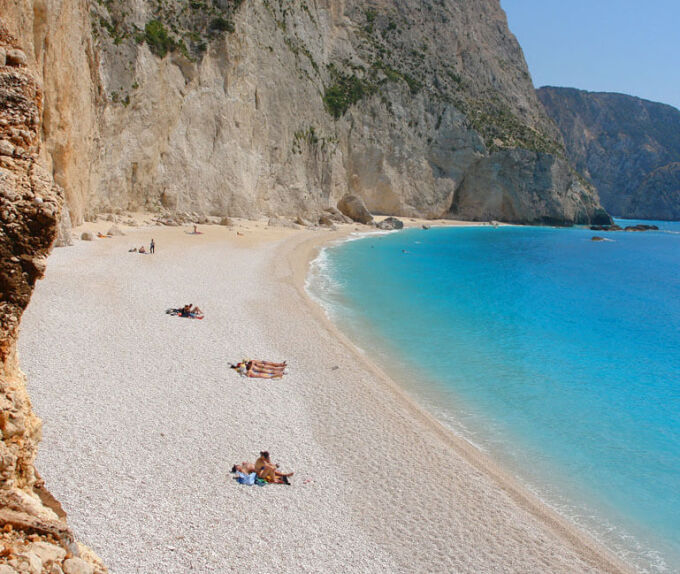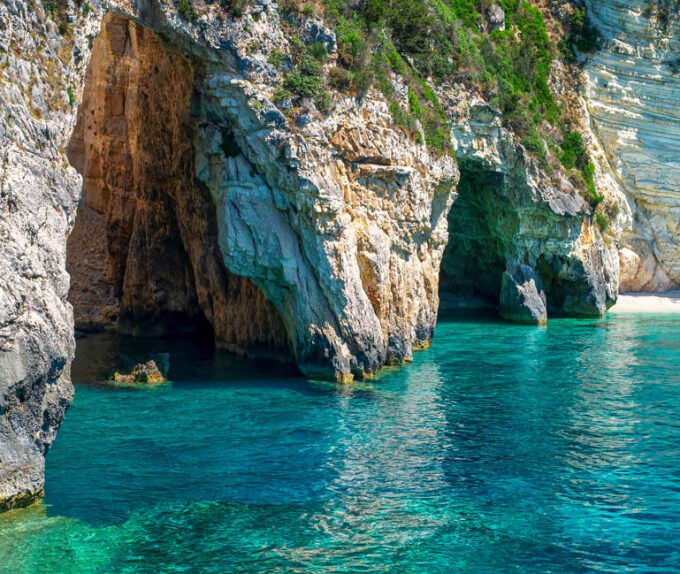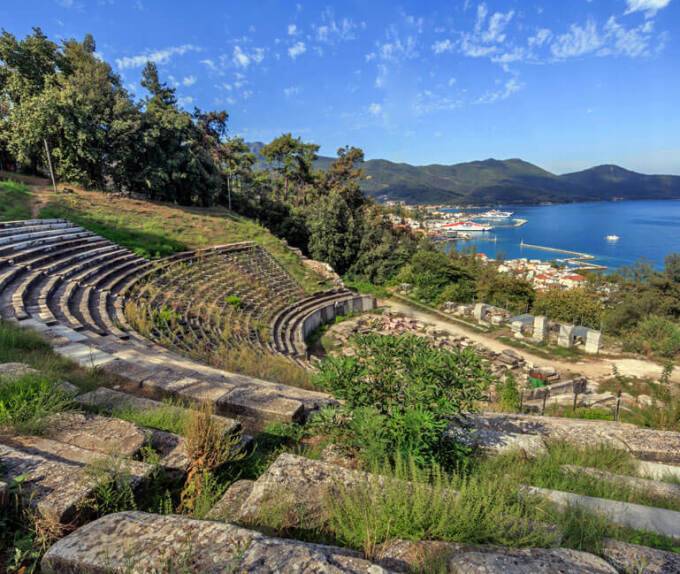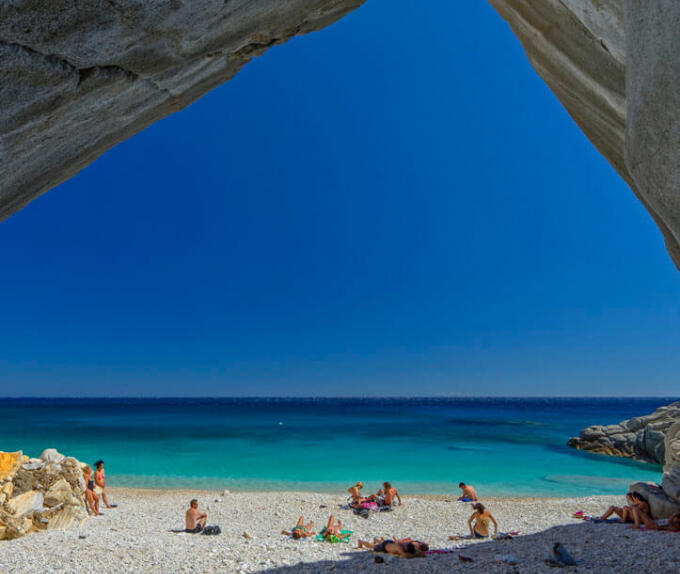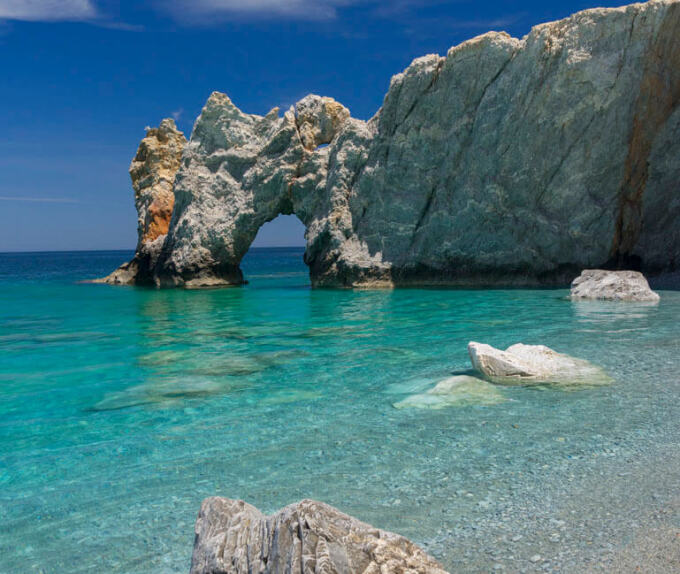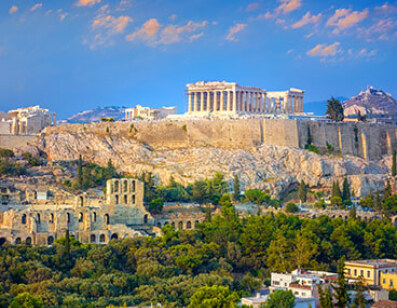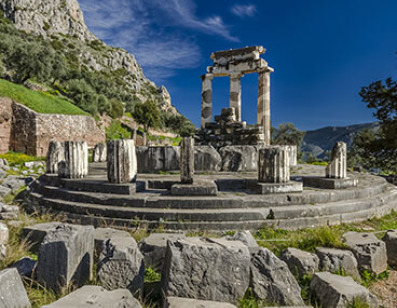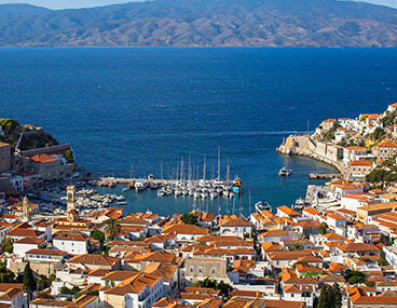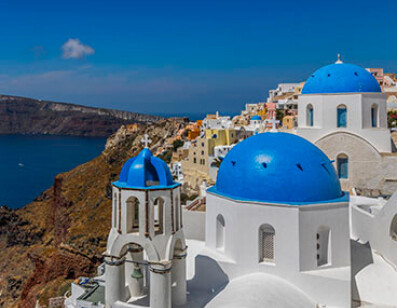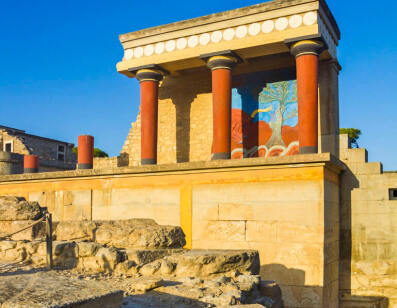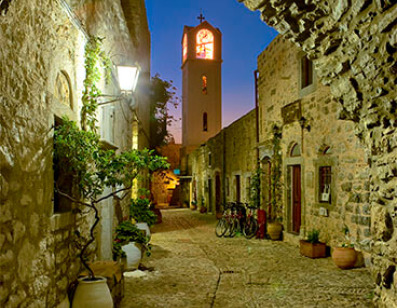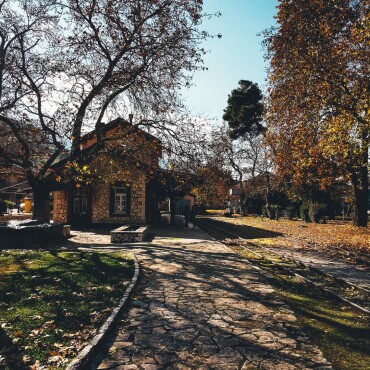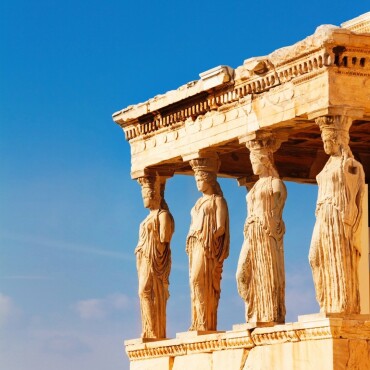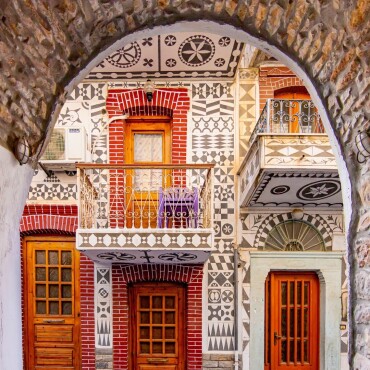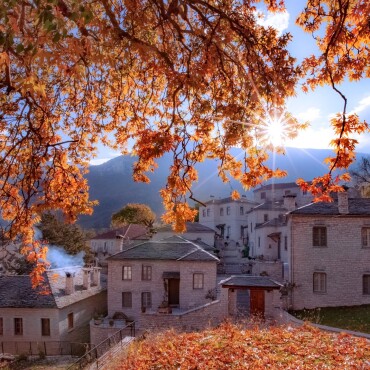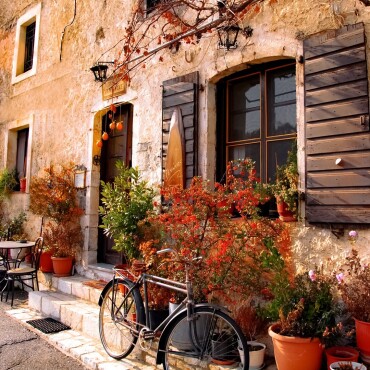
Events
VIEW ALL- Dance
- Exhibitions
- Festival
- Music
- Argosaronic
- Attica
- Crete
- Cyclades
- Dodecanese
- Ionian
- Macedonia
- North Aegean
- Peloponnese
- Athens
- Chania
- Chios
- Corfu
- Elefsina
- Epidaurus
- Heraklion
- Hydra
- Lesvos
- Nafplio
- Patmos
- Santorini
- Thassos
- Thessaloniki
- April
- May
- June
- July
- August
- September
- October

Experiences
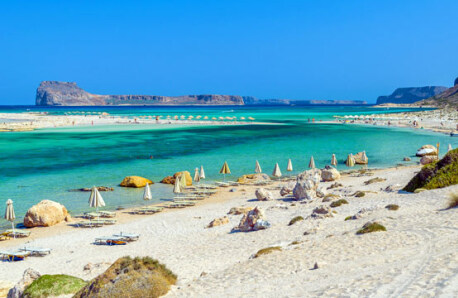
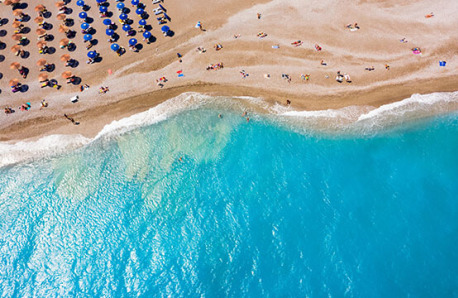
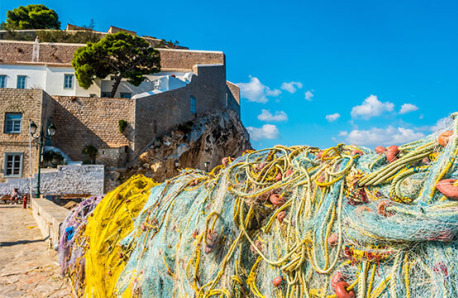
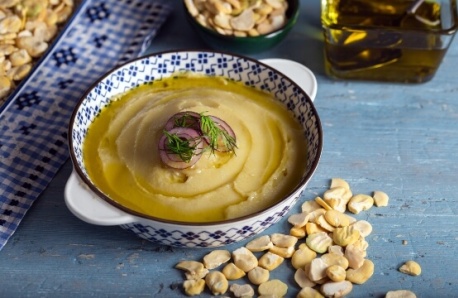

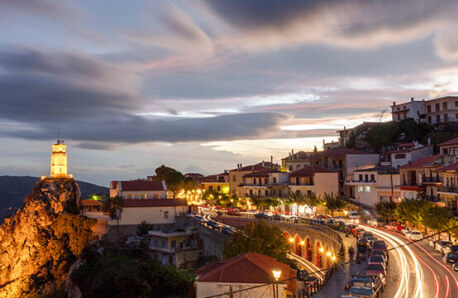
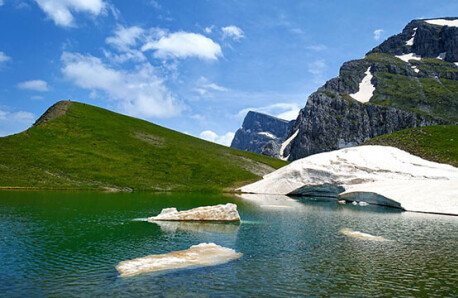
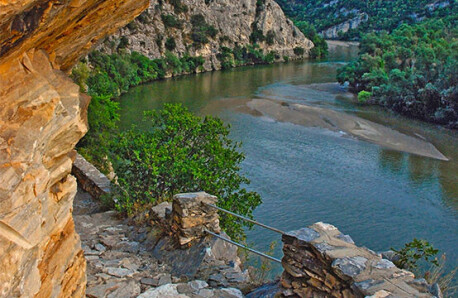
Read our Blog
VIEW ALL BLOG
Fun Facts
Did you know that Greece has around 6,000 islands, islets and rocky islets? 2,000 of them are islands and only 107 of them are inhabited!
On Anafi Island, lies the rock of Kalamos, the second highest monolithic limestone after Gibraltar; a must-see for climbers who will enjoy a great challenge here.
In Greece, people celebrate the “name day” of the saint that bears their name in a similar way to their own birthday.
Greece has historically engaged in wine making. Take for example Dionysus, the son of Zeus, the god of the grape-harvest, winemaking and wine. His face is seen today on the sommelier’s pin which is a symbol of respect to wine’s contribution throughout history.
Greece has historically engaged in wine making. Take for example Dionysus, the son of Zeus, the God of the grape-harvest, winemaking and wine. His face is seen today on the sommelier’s pin which is a symbol of respect to wine’s contribution throughout history.
Did you know that Greece is the third largest producer of olive oil in the world? Greeks have cultivated olive trees since antiquity. Some of the olive trees that are still producing olives, date back to the thirteenth century.
An old Greek legend says that when God created the world, he sifted all the soil onto the earth through a strainer. After every country had good soil, he tossed the stones left in the strainer over his shoulder and created Greece.
700 plant species of Greece are endemic, meaning that they may be found only in Greece; approximately 20% of those are aromatic or medicinal plants.
Did you know that Greece hosts 50% of the brown bear population in western & southern Europe.
No part of Greece is more than 137km from the sea.
Crete's history as well as the inhabitants' personality were affected by the island's mountainous landscape.
Did you know that Greece is the 4th largest cheese producer worldwide. Greeks eat 28 kg per capita per year. And guess what, mostly feta cheese!
Greece has more archaeological museums than any other country in the world; in-fact they are around 196!
Feta, which is made from sheep and goat’s milk, is Greece’s national cheese. It dates back to the Homeric ages, and the average per-capita consumption of feta cheese in Greece is the highest in the world!
About 7% of all the marble produced worldwide comes from Greece.
Did you know that in Greece you can enjoy skiing with a sea view?
Greece' s official name is Hellenic Republic. However Greeks call their country Hellas or Hellada.
The first philosopher is considered to be Thales of Miletus (c. 624 – 425 B.C.). He is credited as giving the first explanation for the origin of the world that was not mythological.
Did you know that Greece is the third largest producer of olive oil in the world? Greeks have cultivated olive trees since antiquity. Some of the olive trees that are still producing olives date back to the thirteenth century.
Τhe concept of democracy developed in Athens around the 6th century BC. The Greek word demokratia (δημοκρατία) meant “the power of the people”.
Explore Greece
Peloponnese
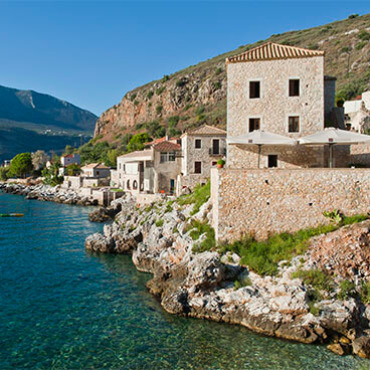
Places to Visit
Dodecanese

Places to Visit
North Aegean





